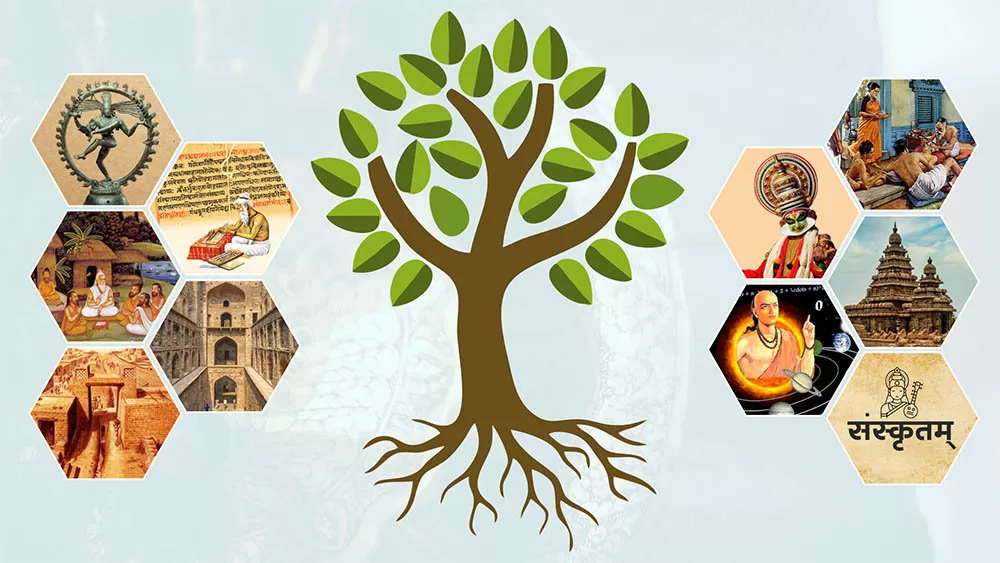As part of India’s effort to reclaim its scientific heritage, educational institutions are increasingly incorporating ancient Indian knowledge systems into their curricula. This movement, aimed at distancing the country’s education from British colonial influence, has sparked both excitement and concern. The inclusion of ancient practices, such as the 12th-century Bhil tribe’s method for extracting zinc, alongside traditional water management techniques like Rajasthan’s stepwells, reflects India’s shift towards embracing its historic innovations. But critics warn that the approach could oversimplify India’s diverse heritage and risk promoting pseudoscience.
At St. Xavier’s College in Mumbai, where students now study an 800-year-old retort used for zinc distillation, the change symbolizes India’s larger move to decolonize education. The National Education Policy, introduced by Education Minister Dharmendra Pradhan, mandates that students earn 5% of their graduation credits from courses on traditional Indian knowledge. Some universities, including five Indian Institutes of Technology (IIT), have established specialized centers to develop these courses.
Hrishikesh Samant, head of St. Xavier’s geology department, supports this move, noting it enhances students’ self-esteem by highlighting India’s scientific contributions. “We should know our own history,” says Samant, underscoring how ancient practices offer context and pride in modern education. At IIT Madras, similar courses delve into India’s contributions to fields like mathematics, where scholars from the Kerala school were developing calculus long before Newton and Leibniz.
However, this resurgence of ancient knowledge has sparked debate. Critics argue that the current policy, under the Bharatiya Janata Party (BJP) government, leans toward a monolithic interpretation of Indian culture that marginalizes other religious and ethnic traditions. Anita Rampal, former dean of education at the University of Delhi, warns that the curriculum may reflect a Hindu-majoritarian bias, neglecting the pluralistic roots of Indian knowledge, which include significant contributions from Islamic, Buddhist, and other traditions.
Concerns about the promotion of pseudoscience are also mounting. Statements from BJP leaders, such as Prime Minister Narendra Modi’s claim that ancient Indians knew genetic science, have raised eyebrows. Mayank Vahia, a former professor at the Tata Institute of Fundamental Research, cautions that this emphasis on nationalism risks distorting India’s scientific legacy, leading to exaggerated claims about ancient achievements like airplane invention.
Educational experts argue that while reviving traditional knowledge is valuable, it must be grounded in fact and inclusivity. For instance, while many textbooks now emphasize Sanskrit texts and Hindu philosophies, they often exclude contributions from India’s Muslim and Christian communities, such as the influence of Islamic scholars during the medieval period.
The controversy surrounding these changes reflects broader tensions in India’s education system. While proponents like Samant advocate for the inclusion of local knowledge systems, others fear the initiative may serve a political agenda rather than an academic one. As colleges like St. Xavier’s navigate this new mandate, the balance between celebrating India’s scientific heritage and maintaining academic rigor will be critical.
The debate continues as India’s education system charts a course between tradition and modernity, with significant implications for future generations of scientists and thinkers.











